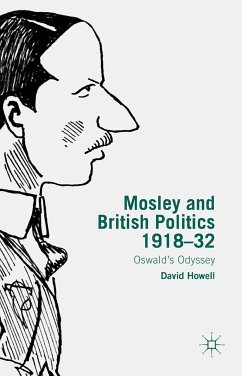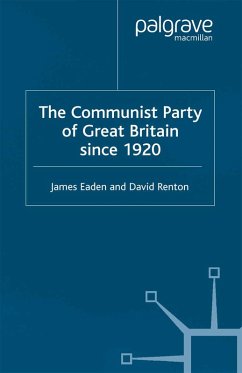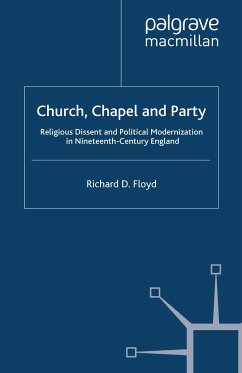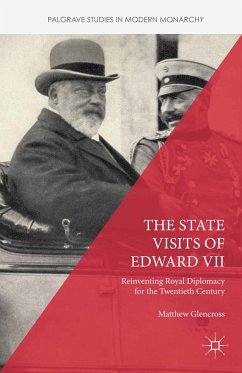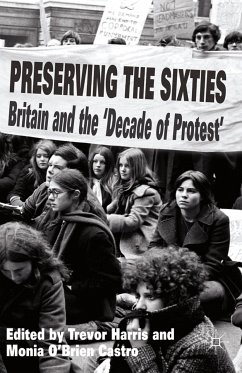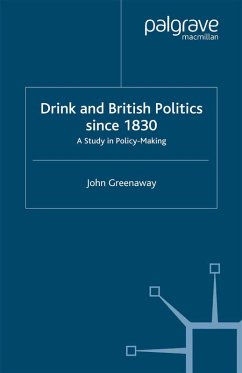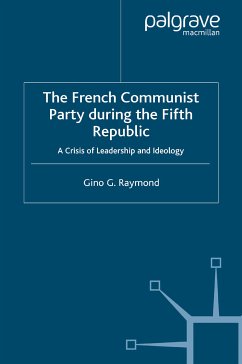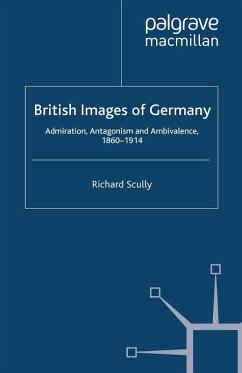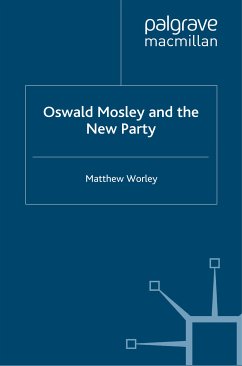
Oswald Mosley and the New Party (eBook, PDF)
Versandkostenfrei!
Sofort per Download lieferbar
40,95 €
inkl. MwSt.
Weitere Ausgaben:

PAYBACK Punkte
20 °P sammeln!
This is the first full-length study of the organization that incubated Britain's most provocative and successful fascist movement. Exploring Sir Oswald Mosley's secession from Labour, his evolving politics and his eventual embrace of fascism, this book examines the process by which he transformed from Labour politician to fascist.
Dieser Download kann aus rechtlichen Gründen nur mit Rechnungsadresse in A, B, BG, CY, CZ, D, DK, EW, E, FIN, F, GR, HR, H, IRL, I, LT, L, LR, M, NL, PL, P, R, S, SLO, SK ausgeliefert werden.



